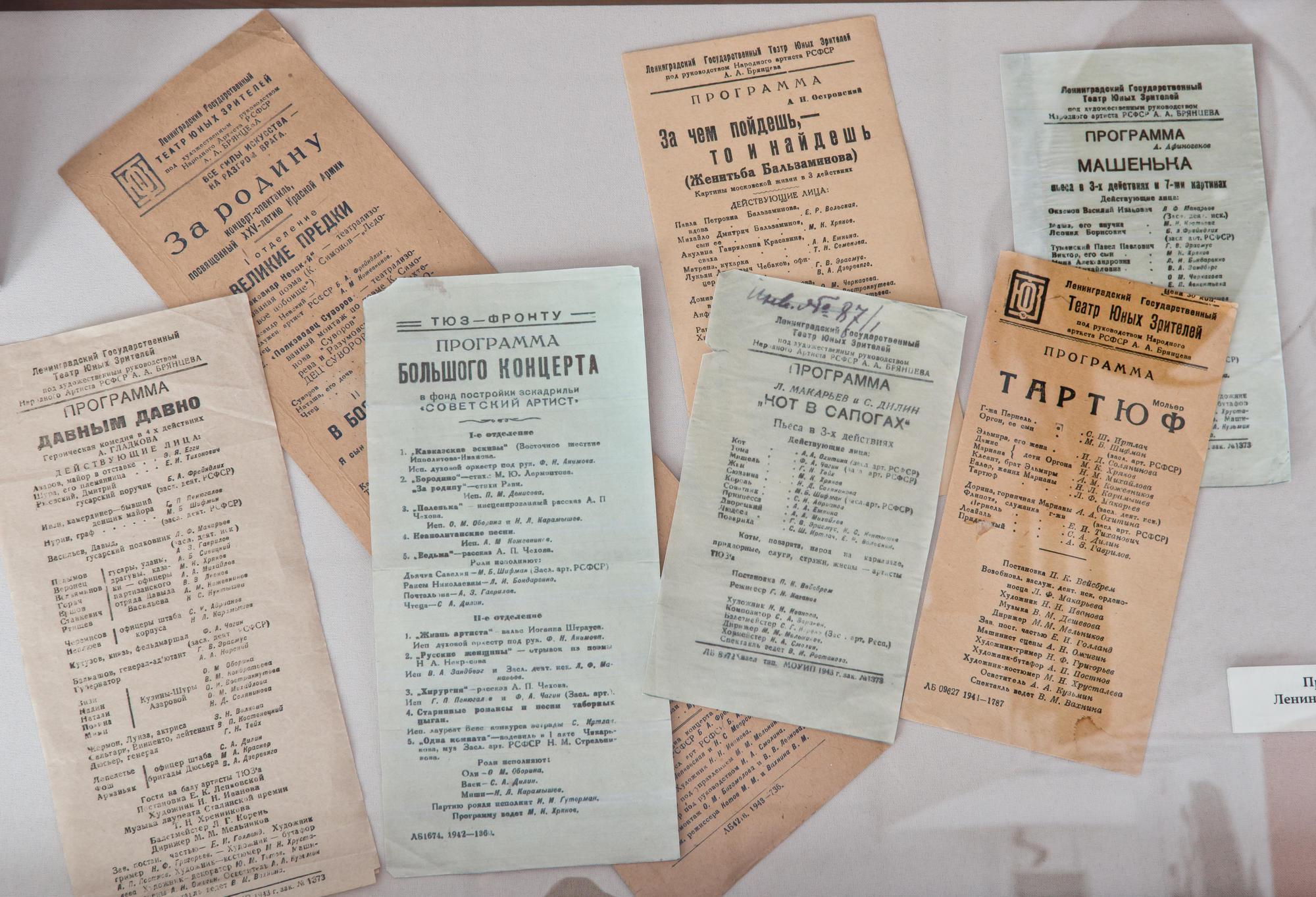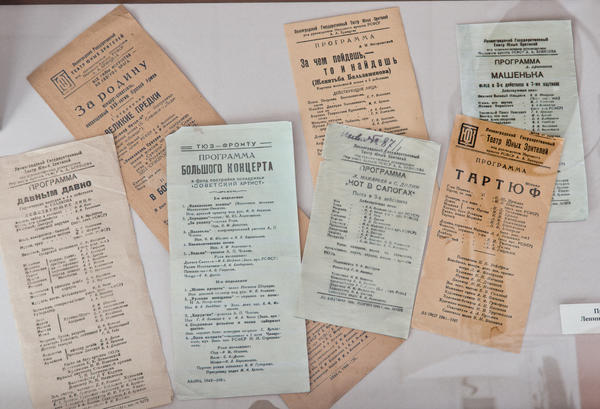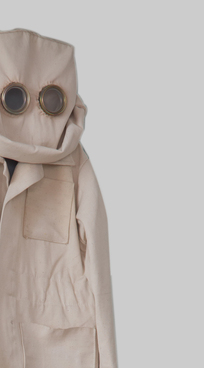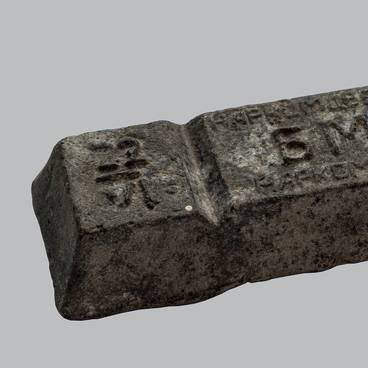In December 1941, the Leningrad Young People Theater was the last of the theaters to leave the city with four aircrafts. To save the team of the country’s oldest theater for children, the Young People Theater was evacuated from the Leningrad siege to the Urals, to the town of Berezniki.
The theater actress Evgenia LepkOvskaya recalled the first days of LYPT in BereznikI: ‘… And 11 days later, BereznikI residents entered the warm, brightly lit theater. They could enter a clean, peaceful auditorium with sparkling chandeliers… The orchestra began to play, new, elegant curtains moved apart… Behind it, a stage in white, flooded with bright light and… beautiful costumes from the fairy tale “Puss in Boots”. The performance was hot, “on takeoff”. The spectators did not even notice that half-starved, half-sick people were playing in front of them. They were “enchanted by the spectacle” as the town newspaper put it. From that day… another life began. The theater was immediately surrounded by the town’s attention, the town needed the theater! ’
The Ural “tour” was destined to drag on for two and a half years. During this time, the Youth Theater gave 934 performances in Berezniki and held 2,179 performances in hospitals, factories and factories. It resumed thirteen pre-war performances and prepared 23 new ones. Among them: “Russian People” by Konstantin SImonov, “Mashenka” by Alexander AfinogEnov, “General BrusIlov” by Ilya SelvInsky, “Long Time ago” by Alexander GladkOv, “Much Ado About Nothing” by William Shakespeare, “Servant of Two Masters” by Carlo GoldOni.
In Leningrad the Youth Theater has always been overcrowded with schoolchildren. In Berezniki, it was impossible to fill the theater with young spectators every day, so the children’s theater immediately began to be attended by adults of the town.
A cyclic seminar on artistic education of schoolchildren was held for local primary school teachers in the theater. The seminar touched upon the artistic word and theatrical work, musical images, works of fine art.
On weekends, the Theater for Young Spectators gave performances and concerts to transfer the ticket fees to the USSR Defense Fund, to the fund to help children evacuated from the front line, and the theater also allocated funds for gifts to the soldiers of the army.
Wartime conditions obliged the theater to make maximum use of its internal reserves, without prejudice to the case, to simplify the design of new productions. The format of literary evenings has become popular.
Leaving BereznikI, the theater visited 27 cities and towns of the region, twice sent its brigades to the front. On the Floating Club, before returning to Leningrad, the troupe traveled along the Kama, VIshera and their tributaries. The tug moored a specially equipped three-storey barge at the most distant timber rafting stations. The Leningrad Young People Theater returned to its hometown soon after the blockade was broken.
The theater actress Evgenia LepkOvskaya recalled the first days of LYPT in BereznikI: ‘… And 11 days later, BereznikI residents entered the warm, brightly lit theater. They could enter a clean, peaceful auditorium with sparkling chandeliers… The orchestra began to play, new, elegant curtains moved apart… Behind it, a stage in white, flooded with bright light and… beautiful costumes from the fairy tale “Puss in Boots”. The performance was hot, “on takeoff”. The spectators did not even notice that half-starved, half-sick people were playing in front of them. They were “enchanted by the spectacle” as the town newspaper put it. From that day… another life began. The theater was immediately surrounded by the town’s attention, the town needed the theater! ’
The Ural “tour” was destined to drag on for two and a half years. During this time, the Youth Theater gave 934 performances in Berezniki and held 2,179 performances in hospitals, factories and factories. It resumed thirteen pre-war performances and prepared 23 new ones. Among them: “Russian People” by Konstantin SImonov, “Mashenka” by Alexander AfinogEnov, “General BrusIlov” by Ilya SelvInsky, “Long Time ago” by Alexander GladkOv, “Much Ado About Nothing” by William Shakespeare, “Servant of Two Masters” by Carlo GoldOni.
In Leningrad the Youth Theater has always been overcrowded with schoolchildren. In Berezniki, it was impossible to fill the theater with young spectators every day, so the children’s theater immediately began to be attended by adults of the town.
A cyclic seminar on artistic education of schoolchildren was held for local primary school teachers in the theater. The seminar touched upon the artistic word and theatrical work, musical images, works of fine art.
On weekends, the Theater for Young Spectators gave performances and concerts to transfer the ticket fees to the USSR Defense Fund, to the fund to help children evacuated from the front line, and the theater also allocated funds for gifts to the soldiers of the army.
Wartime conditions obliged the theater to make maximum use of its internal reserves, without prejudice to the case, to simplify the design of new productions. The format of literary evenings has become popular.
Leaving BereznikI, the theater visited 27 cities and towns of the region, twice sent its brigades to the front. On the Floating Club, before returning to Leningrad, the troupe traveled along the Kama, VIshera and their tributaries. The tug moored a specially equipped three-storey barge at the most distant timber rafting stations. The Leningrad Young People Theater returned to its hometown soon after the blockade was broken.



